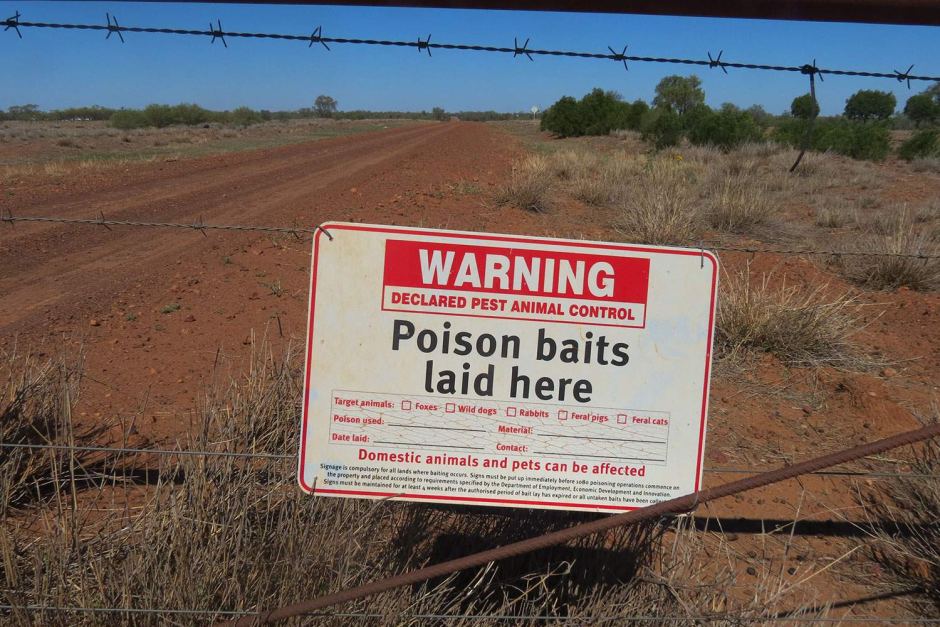The pressure on foxes and wild dogs living on or close to farmland in far East Gippsland will continue from April 11, when farmers involved in the Community Baiting Programs start burying poison baits on their properties.
Operations Manager for the Southern Ark Project, Andrew Murray, said: “Landholders from as far afield as Deddick and Tubbut in the north, Bete Bolong in the south and Genoa and Wangarabell in the east are involved in the program.”
“The landholders work with DELWP’s Southern Ark Project on a baiting program that makes an important contribution to the control of foxes and wild dogs,” Mr Murray said.
“These species prey on domestic stock, spread weeds and disease, and threaten a range of native wildlife through predation.”
“We also work closely with the DELWP Wild Dog Program to deliver one of the most comprehensive fox and wild dog control programs in the state.”
The first baits will be buried in the greater Orbost district (Bete Bolong, Jarrahmond, Marlo Plains, Cabbage Tree) on 11 April, in the Cann River and Genoa districts from 12 April, and in the Bendoc, Bonang, Deddick and Tubbut districts from 18 April. Each program will run for 12 weeks.
Landholders involved in the Community Baiting Program will only be burying baits on their own land. They must advise their adjoining neighbours in writing of their intent to lay baits, and they must erect warning signs at all entry points to their properties to advise visitors and passers-by that baiting is taking place. These signs will stay in place for four weeks following the end of the program.
The Southern Ark team carries out complementary baiting programs on nearby public land, and similarly, a program of neighbour notification and signage takes place.
Residents of far East Gippsland who like to walk their dogs off leash along public roads in rural areas are asked to be particularly aware of the program.
“While the possibility is extremely remote, there is the risk of baits being dug up from a bait station on farmland by wild dogs or foxes which could then be dropped on or close to a public road. Dogs allowed to roam onto neighbouring properties are also at risk if those neighbours are involved in the baiting program,” Mr Murray said.
“The Community Baiting Programs are a strong expression of responsible land management by landholders. By working together across public and private land we significantly increase the impact we have on these pest animals.”
For more information about the baiting program, please contact Andrew Murray, DELWP on 0419 396 948 or email andrew.murray@delwp.vic.gov.au

